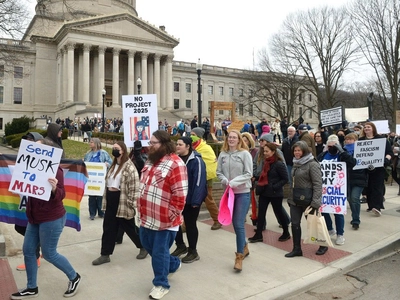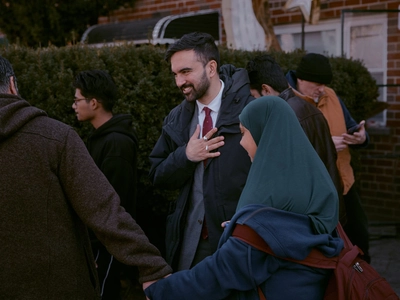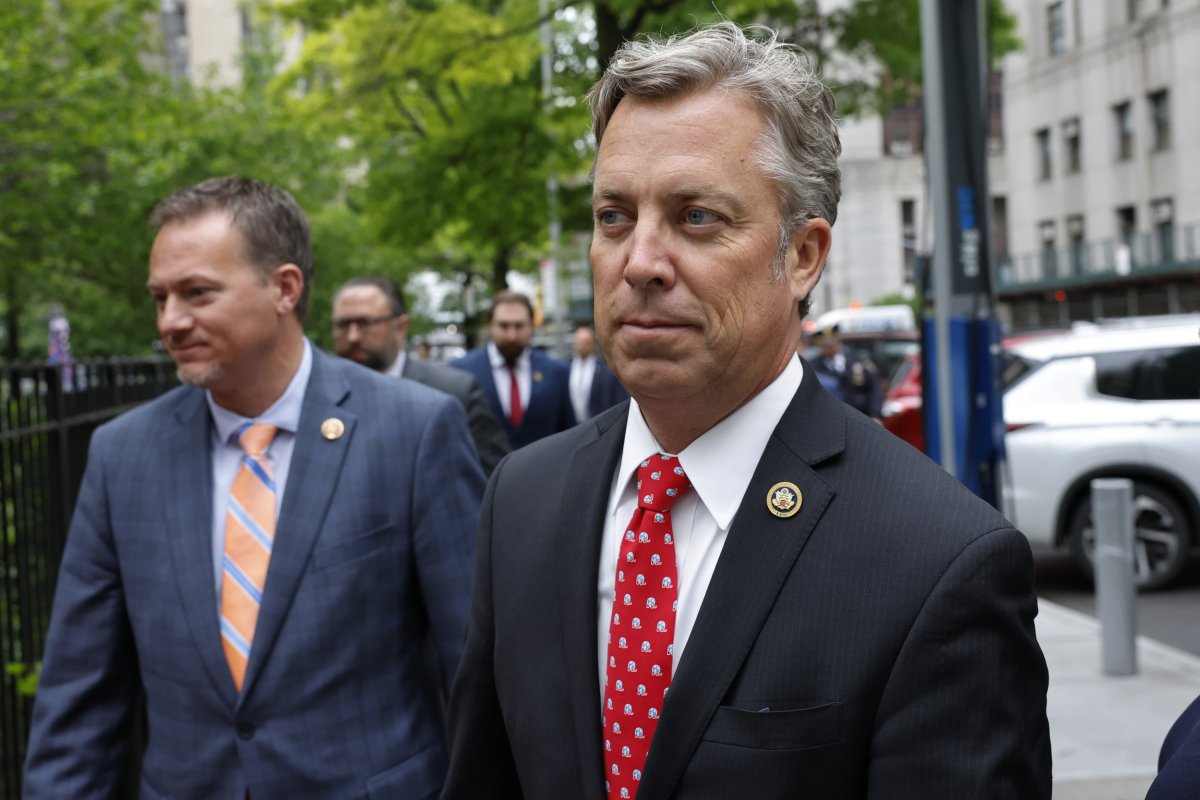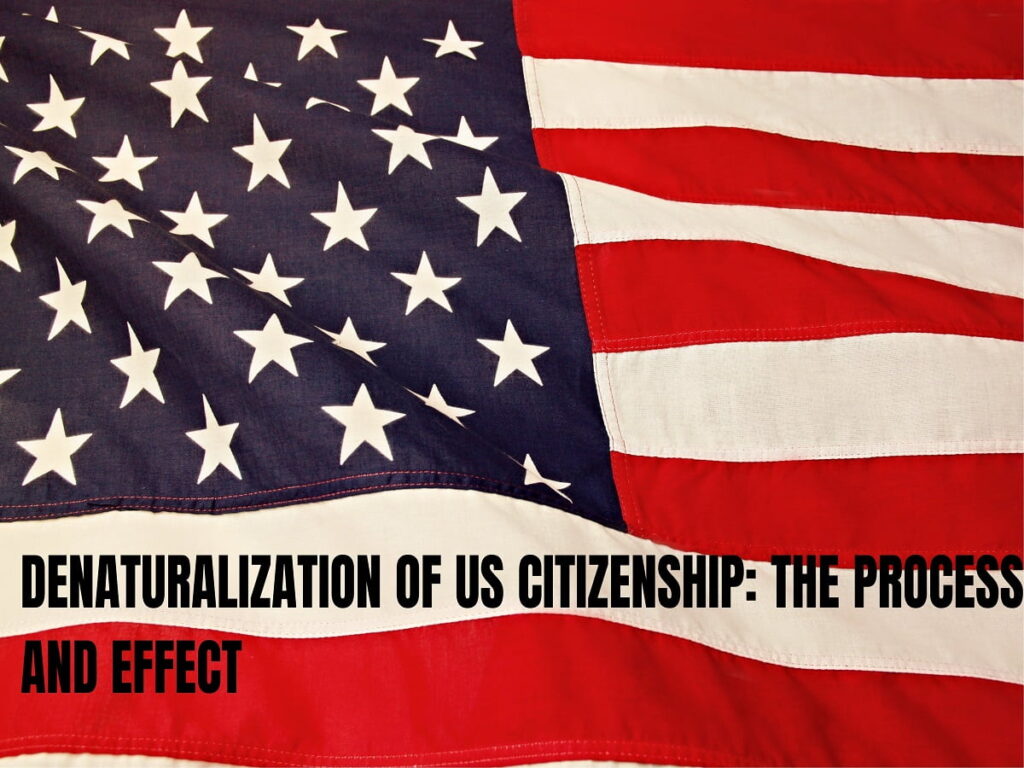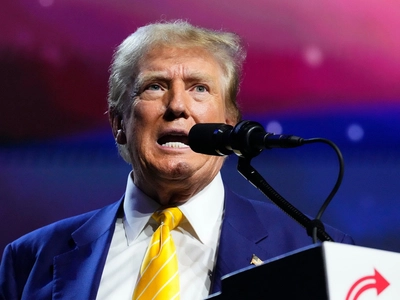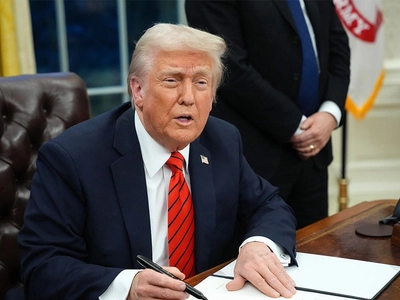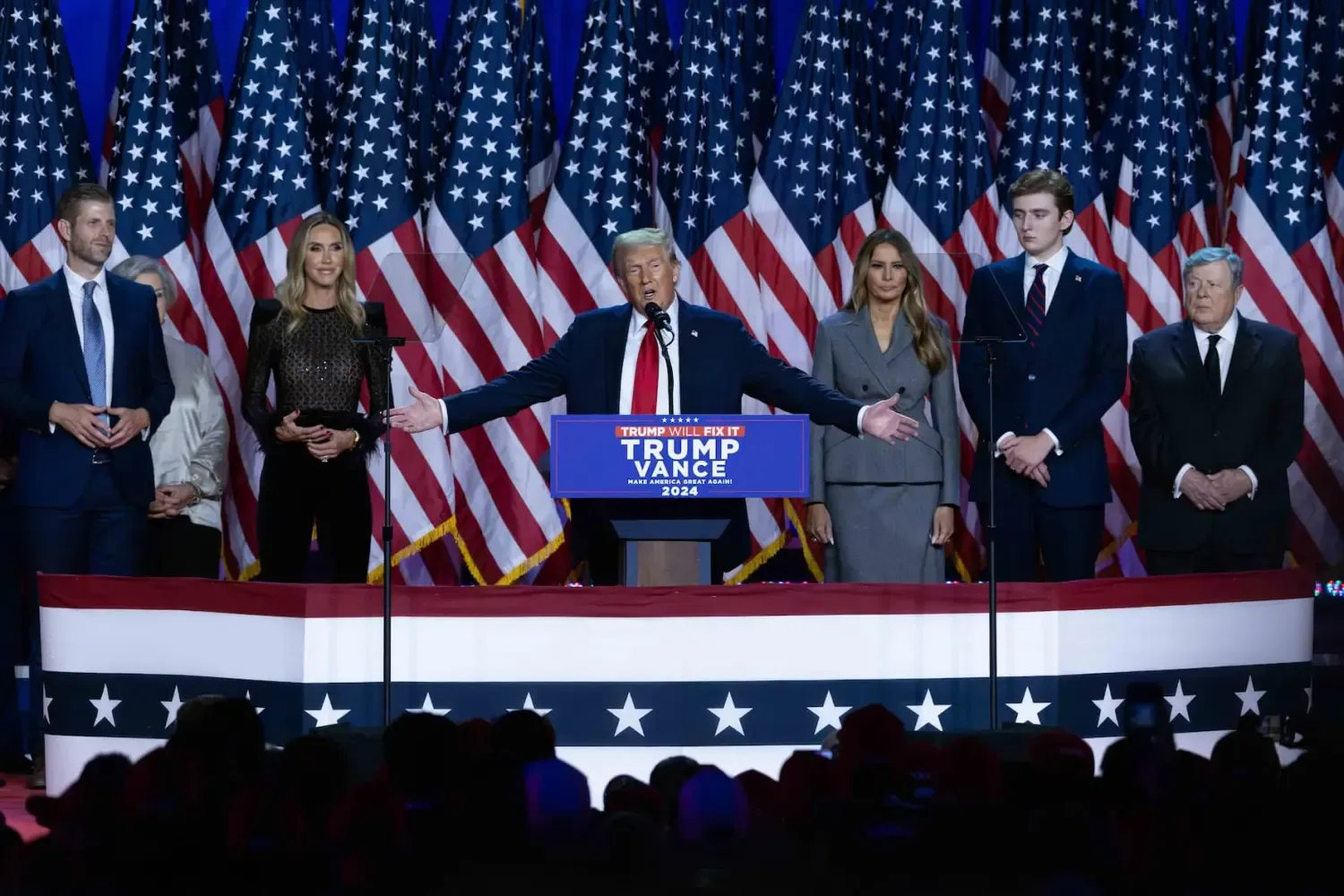Should Non-Citizens Be Barred From Protesting in America? The Constitutional Crisis Uncovered
🚨 The Constitutional Crisis Nobody's Talking About: Should Foreign Nationals Have the Right to Protest on American Soil? 🚨
The images are seared into America's collective memory: thousands marching through city streets, signs held high, voices raised in dissent. But here's the question that's making politicians squirm and constitutional scholars lose sleep: What if half those protesters aren't even American citizens?
In a nation built on the principle that "We the People" govern ourselves, we're facing an unprecedented constitutional showdown that cuts to the very heart of what it means to be American. Should foreign nationals—people who cannot vote, cannot serve on juries, and may not even pay taxes—have the same right to shape our political discourse as citizens who've pledged allegiance to this country?
The Legal Reality That Will Shock You
Here's what most Americans don't know: Non-citizens already have extensive protest rights under the First Amendment. The Supreme Court has consistently ruled that the Constitution's protections extend beyond citizenship. In landmark cases like Bridges v. Wixon (1945), the Court made it clear that the First Amendment doesn't discriminate based on passport color.
But legal experts are sounding the alarm. "We're witnessing an erosion of the fundamental social contract," argues constitutional scholar Dr. Margaret Stone. "When foreign nationals can influence American political processes through mass demonstrations, we've essentially created taxation without representation in reverse."
The National Immigration Law Center boldly states that immigrants have "a right to participate in political protests, marches, and demonstrations." But critics are asking: Since when did political participation become divorced from political membership?
The Security Nightmare Keeping Officials Awake
National security experts paint an even more alarming picture. Consider this scenario: Foreign adversaries could theoretically organize and fund massive "grassroots" protests on American soil, using non-citizen residents as unwitting proxies to destabilize our democratic processes.
"It's the perfect asymmetric warfare strategy," warns former Homeland Security advisor James Mitchell. "Why launch missiles when you can launch movements?"
The risks are real:
- Foreign manipulation of domestic politics through sponsored protests
- Diplomatic incidents when protesters from hostile nations demonstrate against American policies
- Legal chaos when mass arrests include a mix of citizens and non-citizens with varying legal statuses
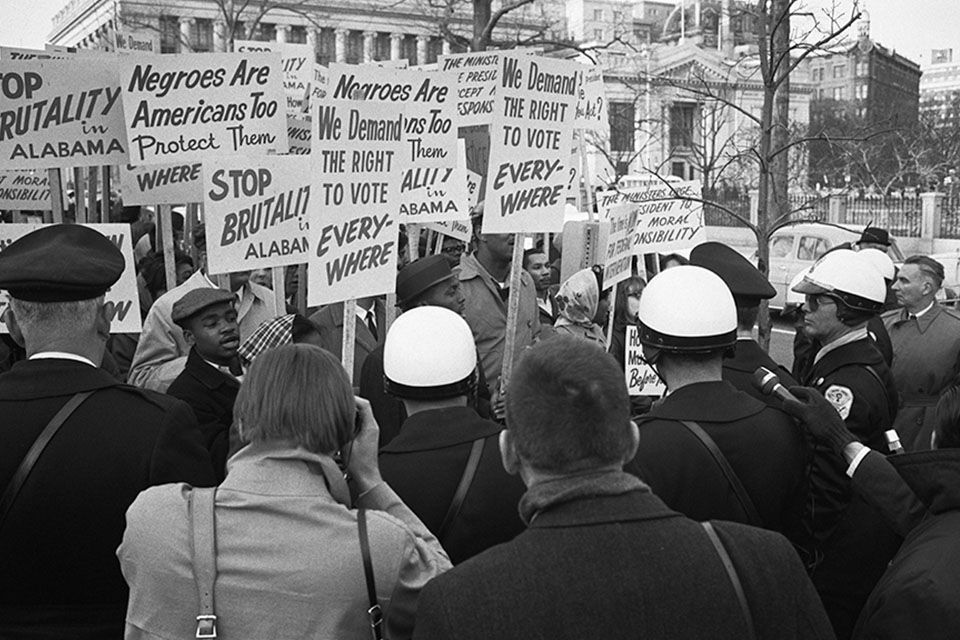
The Human Rights Paradox That's Tearing America Apart
But here's where the debate gets messy. Human rights advocates argue that restricting protest rights based on citizenship status would create a dangerous two-tiered system of constitutional protection.
"Rights aren't privileges earned through paperwork," declares ACLU attorney Sarah Rodriguez. "They're inherent to human dignity. The moment we start rationing constitutional rights based on citizenship status, we've fundamentally betrayed American values."
This perspective holds that:
- Universal human rights transcend national boundaries
- Peaceful assembly is a fundamental human activity, not a civic privilege
- Silencing voices based on citizenship creates precedent for broader suppression
The Conservative Counterattack
Conservative legal minds are mobilizing with a fundamentally different vision. They argue that political participation—including protest—should be the exclusive domain of those who've made a formal commitment to American society.
"Citizenship isn't just about rights—it's about responsibilities," argues Heritage Foundation fellow Dr. Robert Cross. "When non-citizens protest American policies, they're demanding influence without accountability. They can criticize our decisions but face none of the long-term consequences."
The conservative argument centers on several key points:
- Democratic legitimacy requires that political participants have a stake in outcomes
- National sovereignty means countries can determine who participates in their political processes
- Social cohesion depends on shared civic identity and mutual obligation
The Slippery Slope Everyone's Ignoring
Both sides acknowledge a troubling reality: This debate opens Pandora's box for broader questions about democratic participation. If we restrict protest rights for non-citizens, what's next?
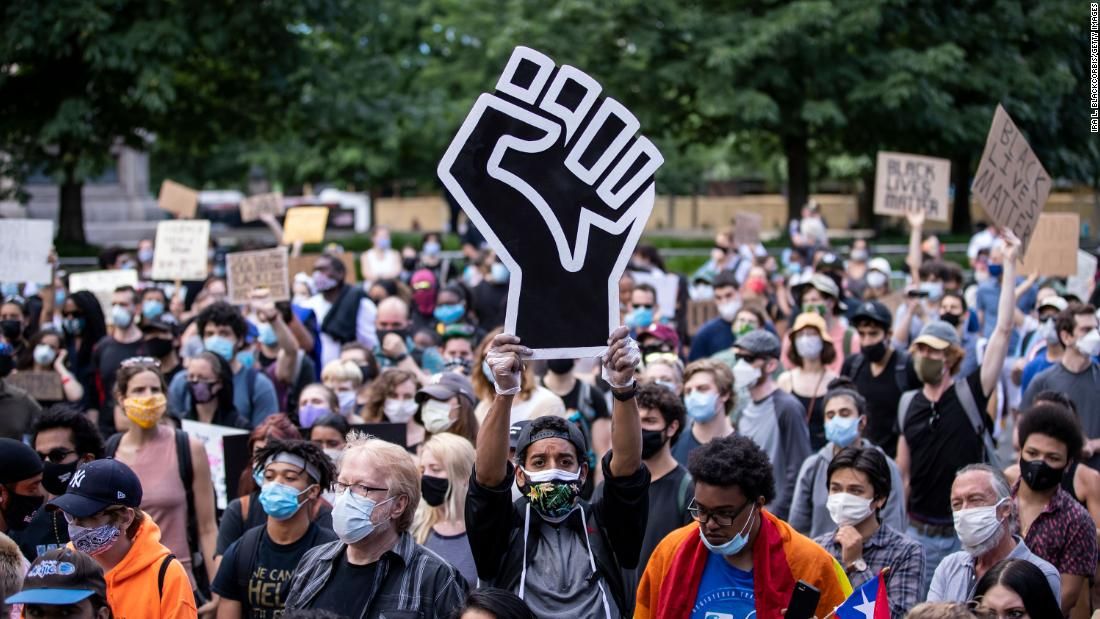
- Should permanent residents have different rights than temporary visa holders?
- What about American citizens who've lived abroad for decades?
- Can states restrict protest rights for out-of-state residents?
- Should corporate "persons" have the same assembly rights as human persons?
Legal scholars warn that any restriction on protest rights could cascade into broader limitations on free expression, regardless of citizenship status.
The International Embarrassment
Meanwhile, America's global reputation hangs in the balance. International human rights organizations are watching closely, ready to condemn any restriction on protest rights as authoritarian overreach.
"The world expects America to be a beacon of freedom," notes foreign policy analyst Dr. Elena Vasquez. "Restricting protest rights based on citizenship would hand propaganda victories to every authoritarian regime on Earth."
Yet sovereignty advocates counter that every nation has the right to determine the boundaries of its political community. "Even Canada requires citizenship for voting," they point out. "Why is protest participation different?"
The Verdict America Isn't Ready For
Here's the uncomfortable truth both sides refuse to acknowledge: This debate reveals the fundamental contradiction at America's heart. We simultaneously champion universal human rights and exclusive democratic participation. We celebrate our immigrant heritage while demanding civic gatekeeping. We proclaim liberty and justice for all while restricting "all" to card-carrying members.
The Supreme Court will eventually be forced to render a definitive judgment on where citizenship ends and humanity begins in the realm of constitutional rights. But that decision—whatever it may be—will satisfy no one and solve nothing.
Because ultimately, this isn't really about protest rights at all. It's about whether America is an idea or a club, whether our values are universal principles or membership privileges, and whether the Constitution protects human beings or just American beings.
The answer we choose will define not just who can protest in America's streets, but what America itself stands for in the 21st century.
What do you think? Should protest rights be tied to citizenship? How do we balance national sovereignty with human rights? Share your thoughts and join the debate that's reshaping America.
